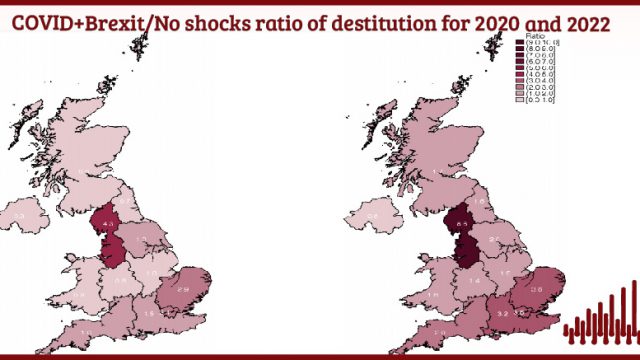UK skills and productivity in an international context
 Pub. Date
Pub. Date
 Pub. Type
Pub. Type
A nation's prosperity depends largely on its ability to raise the level of its productivity. The education level of its workforce, and how effectively the skills are used in the production processes, are considered important factors in this process. In this report we investigate the extent to which skills have contributed to recent productivity performance in the UK. We do this within a cross-country framework, where we compare the UK's productivity trajectories with those of other close competitors. We quantify the role played by different types of certified skills, both academic and vocational, taking account of the influence of other factors, such as capital investment and technological change. Furthermore, we assess the influence of intangible investments, usually excluded from published data and traditional growth studies. We use a wide range of data sources, and employ growth accounting and panel data econometric techniques.
The study begins with a comprehensive review of the literature on the role of human capital in productivity and growth, from both a theoretical and empirical point of view (section 1). We then provide a description of aggregate productivity and employment trends in section 2. Section 3 contains detailed results of the growth accounting decomposition and Section 4 summarises the econometric analysis. Sections 5 and 6 outline the key findings and conclusions emerging from this analysis.
The main research questions addressed in this report are:
• What have been the main sources of growth in the UK and other major economies since the recession? How have these differed relative to the previous periods?
• What is the link between skills and productivity/growth? How have skills contributed to growth over recent years?
• What is the contribution of different types of skills to growth? Where does the UK fare better and worse compared to international competitors?
• What is the role of training and other intangible assets in explaining productivity and growth outcomes? Do they interact differently with different types of skilled workers?
























